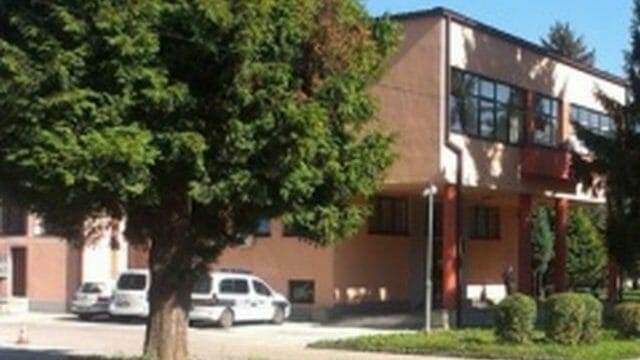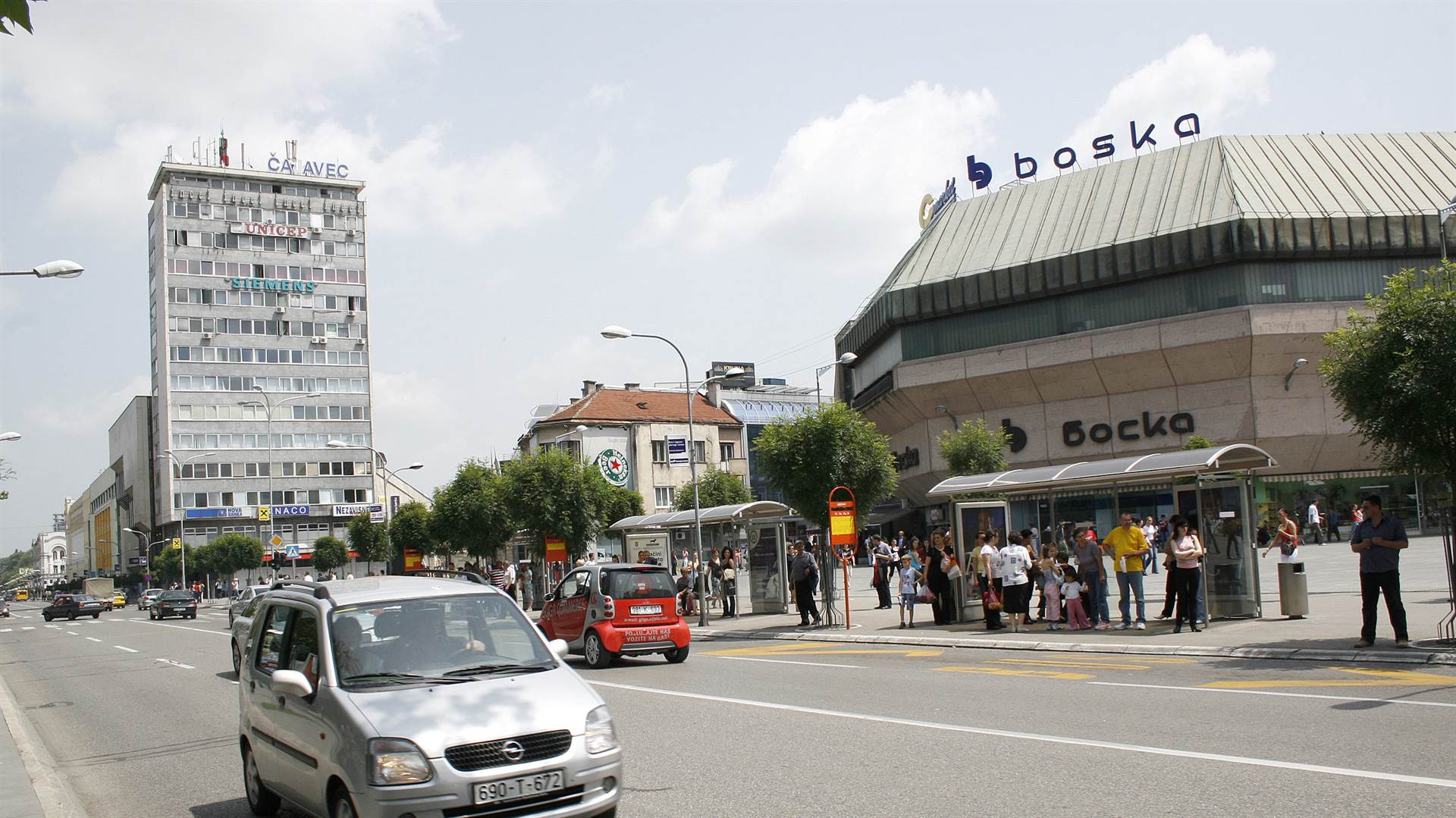This post is also available in: Bosnian
The cantonal prosecution of Sarajevo has charged Frimel, the former commander of the Ivan Krndelj Squad of the Bosnian Army, with the unlawful arrest of Serbs in the Hrasno neighbourhood of Sarajevo in October 1992. He allegedly participated in their physical and mental abuse.
Goran Hatibovic, a former member of the Bosnian Army, said he was the commander of a unit which joined the Ivan Krndelj Squad. He said Frimel took command of the unit later on and that the headquarters was located in the Ina building in the Hrasno neighbourhood of Sarajevo.
Hatibovic said he participated in a battle called “The Blue Eleven,” which lasted a few days. He said he communicated with Frimel, who was at the headquarters, the whole time.
“I remember Frimel. All the information on the battle was sent to the command. Frimel commanded the whole thing. I remember he was wounded in June 1992. The injury was rather severe,” he said.
Hatibovic said the military police was located on the second floor of the Ina building and that the military police played “hero games with the civilians.” According to Hatibovic, the military police in the area arrested civilians.
“I wasn’t present when the civilians were arrested, so I can’t confirm whether any of them were mistreated. Frimel was at the command and couldn’t see them. I’m convinced he would have participated in the battle with me had he been physically capable of doing so,” he said.
Zlatan Babic, also a former member of the Ivan Krndelj Squad of the Bosnian Army, was the second witness to testify at today’s hearing. He said he was the commander of communications during “The Blue Eleven” battle, and was tasked with manning the front line. He said defendant Frimel wasn’t at Trg Heroja at that time.
“I didn’t see him at the square during the battle at all. He was probably at his headquarters,” he said.
Babic said military police came to the headquarters and asked them to accompany them to a school building that held civilian prisoners.
“Later on I found out those people would be exchanged and that the military police had a list of their names. They read their names aloud in the billiard club. Those men were then taken to the business center, where the military police offices were situated. I heard those men were abused, but I did not see that,” Babic said.
The trial will continue on January 11.


